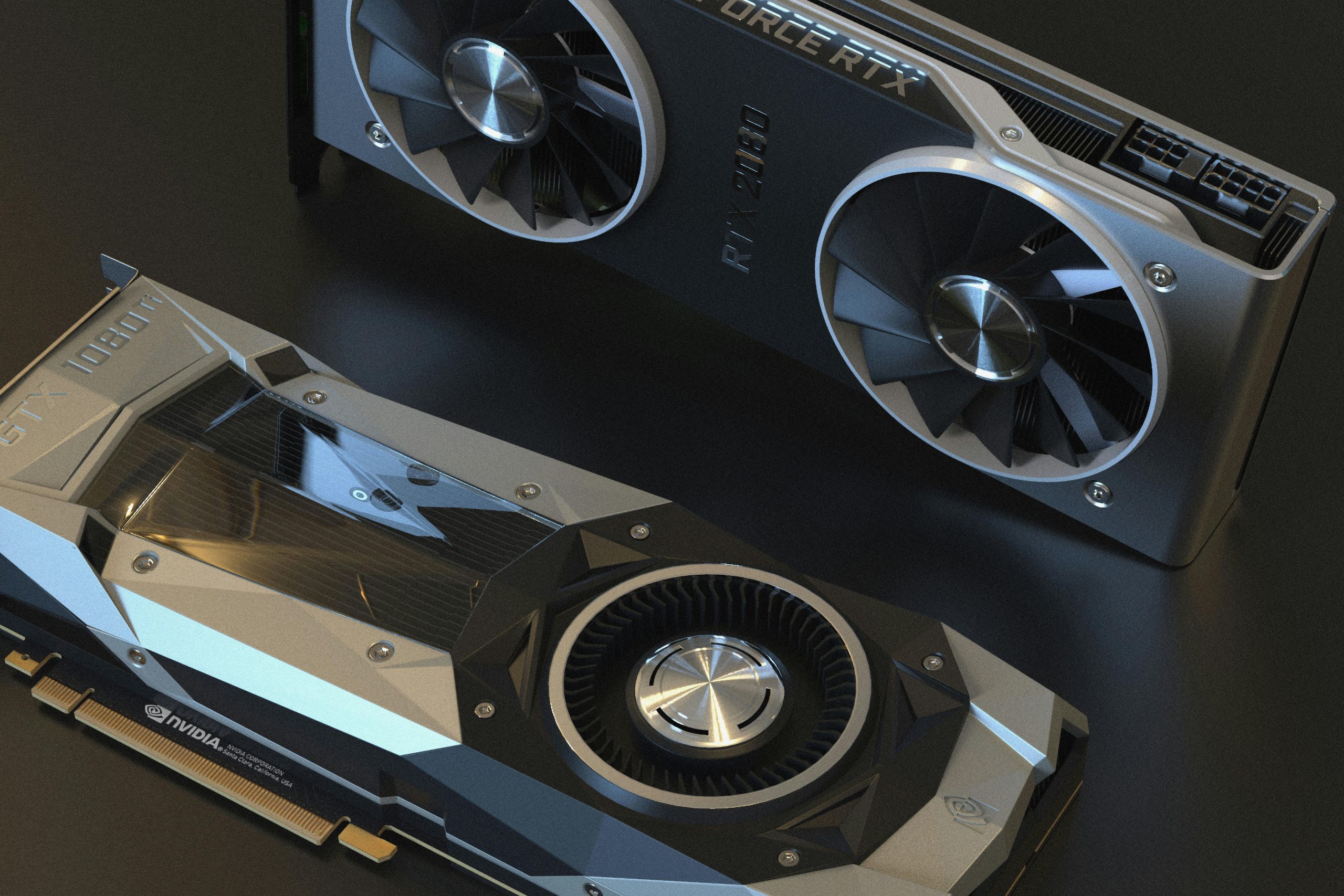Understanding Post-Upgrade Gaming Performance Challenges: A Case Study
Introduction
Upgrading computer hardware is often undertaken to enhance gaming performance and overall system responsiveness. However, unforeseen issues can sometimes arise, leading to reduced performance despite more powerful components. This article explores a real-world scenario where a user experienced worse gaming performance after upgrading from a GTX 1660 to an RTX 5060 graphics card, despite benchmark improvements, and discusses potential causes and solutions.
System Overview
The system configuration discussed includes:
- Processor: Intel Core i5-12400F
- Memory: 16GB DDR4 RAM (2x8GB, 2666MHz)
- Old GPU: NVIDIA GeForce GTX 1660
- New GPU: Gigabyte RTX 5060 Aero
- Power Supply: Corsair RM750X
- Motherboard: Aorus B760 Elite
Upgrade Process and Observations
The user gradually upgraded their PC, starting with the power supply before replacing the GPU. The upgrade aimed to improve gaming performance; however, the user observed a paradoxical decrease in frame rates and stability in gaming compared to the previous setup.
Diagnostic Steps Taken
To troubleshoot, the user performed several steps:
- Used Display Driver Uninstaller (DDU) for a clean driver reinstall
- Installed the latest NVIDIA drivers
- Verified GPU power connections
- Reinstalled affected games
- Considered system formatting (not yet performed)
Performance Analysis in Fortnite
In performance mode, detailed measurements revealed:
GTX 1660:
- Average FPS: 204
- 1% Low: 16 FPS
- Max FPS: 389
- Temperatures: 56°C
- Usage: 56%
- VRAM: 2201MB
- GPU Clock: 1890 MHz
- CPU Usage: 67%, 62°C
RTX 5060:
- Average FPS: 207 (a slight increase overall)
- 1% Low: 4 FPS (significantly worse)
- Max FPS: 237
- Temperatures: 47°C
- Usage: 74%
- VRAM: 2871MB
- GPU Clock: 2782 MHz
- Power Draw: ~50W
- CPU Usage: 56%, 66°C
The stark drop in 1% Low frames and unstable frame times suggest inconsistent gaming performance, despite the higher benchmark scores.
Benchmark Comparison
3D
Share this content:

